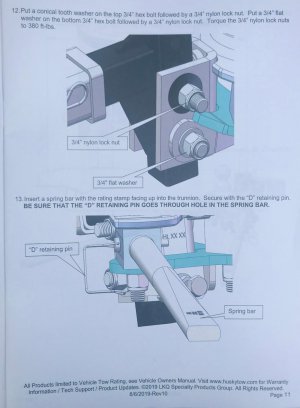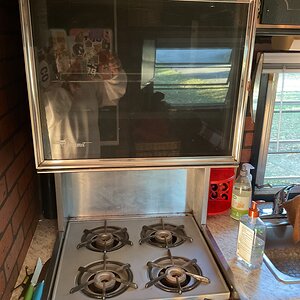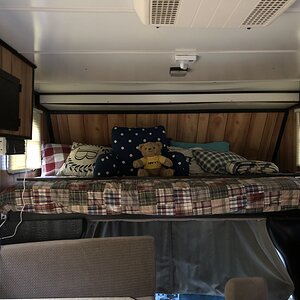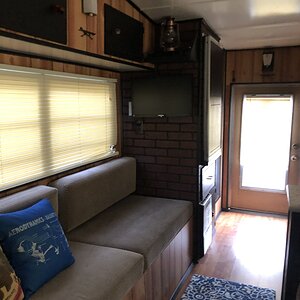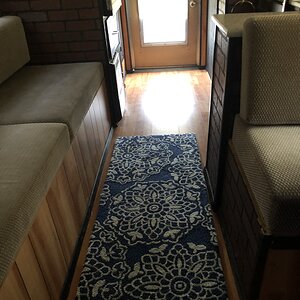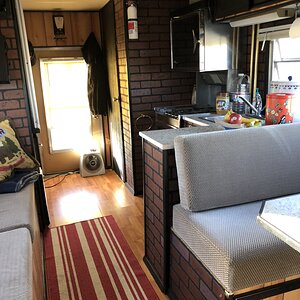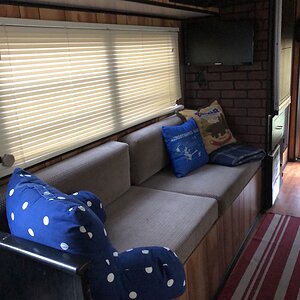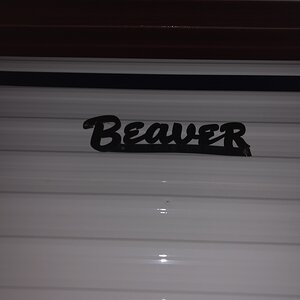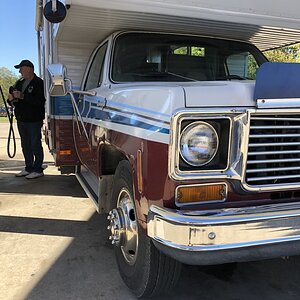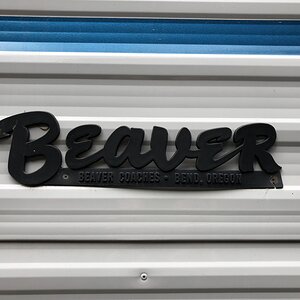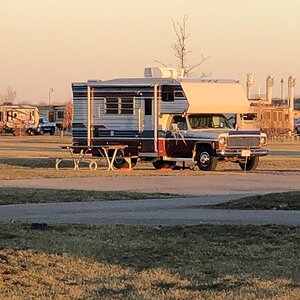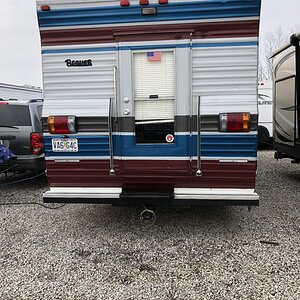dolfinwriter
RVF Regular
- Joined
- Oct 24, 2020
- Messages
- 10
Is this the right thread for this, first of all?
I'm trying to install a weight distribution hitch to haul my trailer of stuff from east county San Diego California to Kansas. It's a 7' x 14' cargo trailer and about 6500 lbs GTW, and I didn't need much convincing of the need for a WD and sway reduction/prevention hitch.
Here's my problem: I need a torque wrench capable of 380 ft-lbs to torque two nylock nuts. NO ONE has a torque wrench that will go above 250 ft-lbs. I've tried Autozone, Pep Boys, O'reilly, Trailer supply stores, RV dealers, tire shops, Harbor Freight, pawn shops, Lowe's, Home Depot...
How does ANYONE do this? Or is everyone who uses a hitch like this blowing off the torque spec? The BALL is supposed to be torqued to 360 ft-lbs., and LOTS of places sell hitches and balls, but NO ONE has a torque wrench capable of properly torquing it, neither to rent nor to buy or loan.
How does ANYONE do this properly if you can't get this one tool needed to do it right?
What am I missing?
I would greatly appreciate any help in this area.
I'm trying to install a weight distribution hitch to haul my trailer of stuff from east county San Diego California to Kansas. It's a 7' x 14' cargo trailer and about 6500 lbs GTW, and I didn't need much convincing of the need for a WD and sway reduction/prevention hitch.
Here's my problem: I need a torque wrench capable of 380 ft-lbs to torque two nylock nuts. NO ONE has a torque wrench that will go above 250 ft-lbs. I've tried Autozone, Pep Boys, O'reilly, Trailer supply stores, RV dealers, tire shops, Harbor Freight, pawn shops, Lowe's, Home Depot...
How does ANYONE do this? Or is everyone who uses a hitch like this blowing off the torque spec? The BALL is supposed to be torqued to 360 ft-lbs., and LOTS of places sell hitches and balls, but NO ONE has a torque wrench capable of properly torquing it, neither to rent nor to buy or loan.
How does ANYONE do this properly if you can't get this one tool needed to do it right?
What am I missing?
I would greatly appreciate any help in this area.
